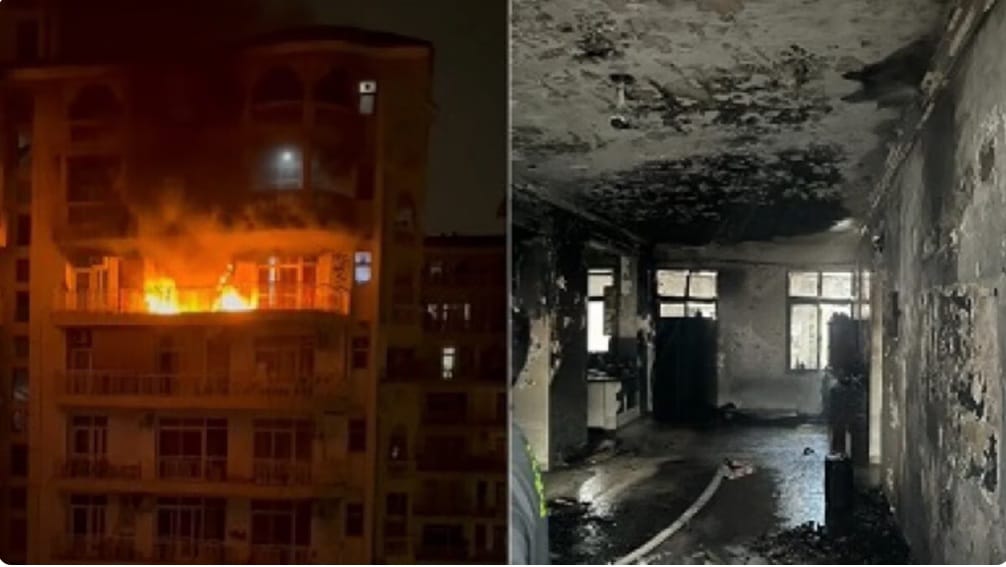During this summer, the temperature has reached record highs in Delhi NCR, leading to an increased risk of fires. We have been hearing news of fires breaking out in many places due to various causes such as candles, grease, overloading of electricity, short circuits, power surges, wildfires, lightning, gas cylinder blasts, and loose air conditioning cables. It’s heartbreaking to hear about the loss of lives and injuries caused by these fires. However, we often don’t realize that this could happen to any of us. Fires can result in significant financial losses. Rebuilding a home or replacing equipment and inventory after a fire can be extremely costly. Fire insurance can provide the necessary financial support to recover and reduce the financial burden. While some Apartment Owners’ Associations (AOA) or Resident Welfare Associations (RWA) may have group fire insurance for their apartments or cooperative societies, it may not be sufficient. It’s advisable to have individual fire insurance policies for flats in multi-apartment buildings based on the realizable value, which is the net amount received from selling the flat. We have seen cases where fires have spread within the towers, affecting multiple flats. If the fire department inspects and asks the AOA/RWA/builder to dismantle and rebuild the structure, it could take more than two years to rebuild the flats. In such a scenario, a flat owner might decide to purchase a new flat elsewhere. In this case, the insurance company would pay the realizable value and sell the flat after the reconstruction. For bungalows, fire insurance should be taken based on the reinstatement value, which is an estimated cost of rebuilding the property based on its market value. Additionally, it’s important to consider add-on covers to include expenses related to other risks such as earthquakes, all-natural calamities, terrorism, rental accommodation in case of fire, and debris removal. Before purchasing an insurance policy, it’s crucial to thoroughly read and understand the terms and conditions, including the excess clause and exclusions. For example, if a fire breaks out in a house due to overloading or fluctuations in electricity and the object of the fire was the meter cable, the insurer may not cover the claim for the object from which the fire originated.

Popular Stories
The Water Couple’s Journey: From Cleaning Tanks to Complete Water Solutions!
Locals Felling Trees Near Sec A Pkt C
Winning Has Become a Habit for Divya
Is Green Park Heading Towards A Slum
Haphazard Parking, Narrow Walking Space In M Block Market
Geeta Atherya Spoke On Cacti & Succulents
Recent Stories from Nearby
- Horticulture Team Working Towards Treating Scale Insect, Mealy Bug in Nirvana March 15, 2025
- Navigating the Changing Needs of Teenagers: Help Parents Build Stronger Families March 15, 2025
- Shivratri Puja at Deerwood Chase Park March 15, 2025
- Chai In The Park March 15, 2025
- Keeping Cedar Crest Beautiful and Safe March 15, 2025






